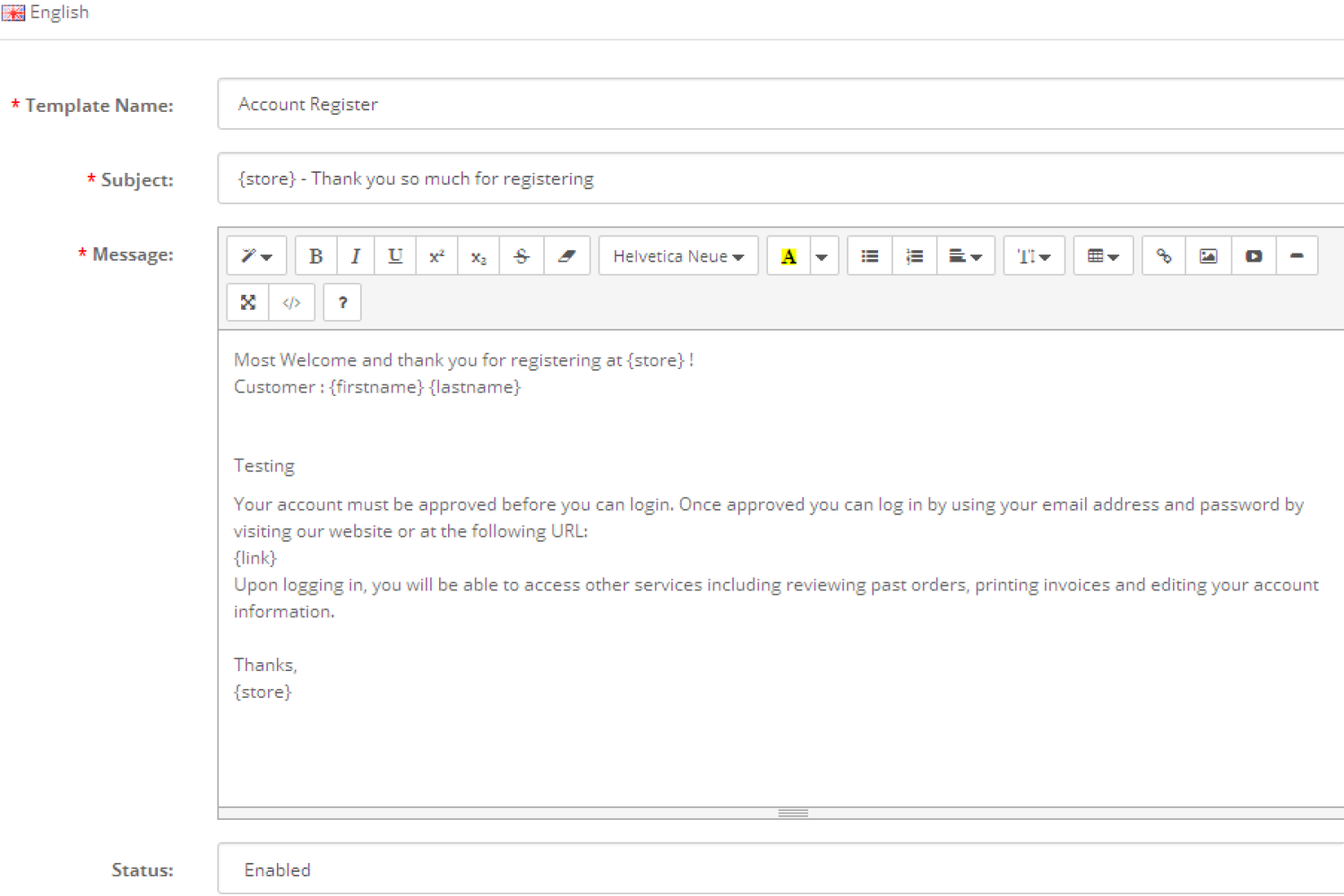In 2025, the demand for professional cleaning services continues to grow as individuals and businesses prioritize hygiene, wellness, and convenience more than ever. Whether it’s residential cleaning, commercial janitorial services, or specialty cleaning such as carpet or post-construction, the market presents incredible opportunities for new entrepreneurs. If you’re wondering how to start a cleaning business and set it up for success in today’s competitive landscape, this guide walks you through every essential step with practical insights, legal considerations, and strategic tips.
Why 2025 Is the Perfect Time to Launch a Cleaning Business
The cleaning industry has remained surprisingly resilient during economic shifts, pandemics, and digital transformations. In 2025, this market continues to thrive due to multiple factors:
- Heightened health consciousness: Businesses and homeowners alike are more concerned about cleanliness and sanitation.
- Boom in remote and hybrid work models: Professionals with limited time prefer outsourcing home cleaning.
- Increased demand for eco-friendly services: Green cleaning solutions have made their way into mainstream demand.
- Scalable operations: Low startup costs and flexible service models make cleaning businesses ideal for scaling.
These factors make 2025 one of the most promising times to enter this industry.

Choose Your Cleaning Business Niche
Before investing any money or time, you need to define what kind of cleaning services you want to offer. Each niche has its own startup costs, equipment needs, and customer expectations.
Popular Cleaning Business Models
- Residential Cleaning: Includes homes, apartments, and rental turnovers.
- Commercial Cleaning: Focuses on offices, retail stores, and corporate environments.
- Industrial Cleaning: Factories, warehouses, and facilities with specialized cleaning needs.
- Specialty Services: Carpet cleaning, window washing, green cleaning, or post-construction.
Ask yourself: What’s the demand like in your area? What skills or resources do you already have? Starting with a focused niche allows you to refine your service offering and scale later.
Draft a Business Plan That Works
Your business plan is your roadmap. A good one doesn’t just outline your goals — it also anticipates challenges and opportunities. If you’re serious about learning how to start a cleaning business that will stand out, your plan should include:
- Business Overview: Your mission, services offered, target market.
- Market Research: Who are your competitors? What are their rates and service models?
- Marketing Strategy: How will you attract and retain clients? (e.g., SEO, local ads, flyers, or referral programs)
- Pricing Model: Flat fee, hourly rate, or per-square-foot pricing?
- Financial Projections: Break-even point, startup costs, profit margin goals.
- Expansion Plans: What will growth look like in 1 year, 3 years, or 5 years?
Tip: Keep it flexible. The industry evolves, and your business plan should too.
Take Care of Legal Requirements
No matter how small you start, you’ll need to legalize your business to build trust and avoid complications. Here’s what you’ll need:
Business Registration
- Choose a business structure: Sole proprietorship, LLC, or corporation.
- Register your business name (DBA if necessary).
- Obtain an Employer Identification Number (EIN) from the IRS.
Licenses and Permits
- Check local city or county requirements.
- Apply for a general business license.
- Special permits may be needed for chemical handling or hazardous waste disposal.
Cleaning Business Insurance
Cleaning businesses deal with people’s homes, property, and liability. Key policies to consider:
- General liability insurance
- Worker’s compensation (if you hire staff)
- Bonding (to increase customer trust)
Don’t skip this step — many clients won’t even hire uninsured businesses.
Purchase Equipment and Supplies
Your toolkit will depend on your niche. However, every cleaning startup should invest in:
- Basic supplies: Mops, brooms, vacuum cleaners, buckets, rags, and gloves.
- Cleaning solutions: Preferably eco-friendly and pet-safe options.
- Uniforms: Helps create a professional image.
- Transport vehicle: For traveling to and from job sites with your gear.
Keep an inventory checklist and consider buying in bulk to save money.
Price Your Services for Profit and Competitiveness
Pricing is a fine balance between covering costs and offering value. Conduct competitive research in your area to see what similar services charge. Then consider:
- Time spent per job
- Supplies used
- Labor costs
- Business overhead (insurance, transport, marketing)
For instance, residential cleaning may go for $25–$50/hour depending on the area. Flat rates for specific jobs (like a $150 deep clean) are also common.
Transparency builds trust. Always offer a quote before beginning any work and stick to your word unless scope changes.
Build a Brand That Sets You Apart
In a saturated market, branding helps customers remember and trust you. You don’t need a fancy agency — just focus on:
- Business name and logo
- Tagline that communicates your unique value
- Color palette and uniform design
- Customer reviews and testimonials
Build a user-friendly website with your services, pricing, contact info, and booking form. Use social media to showcase before-and-after photos and cleaning tips. Branding consistently across all platforms improves credibility and recognition.
Launch a Local Marketing Strategy
Learning how to start a cleaning business means knowing how to promote it too. Especially in 2025, digital and local marketing go hand in hand.
Digital Tactics
- Google My Business: Appear in local searches with verified listings.
- SEO for your website: Use keywords like “house cleaning near me” and “office janitorial services.”
- Social Media: Target local groups and neighborhoods.
- Paid Ads: Facebook and Google Ads offer excellent local targeting.
Traditional Tactics
- Flyers and business cards at local cafes or community centers.
- Referral programs with discounts or bonuses.
- Partnering with real estate agents or landlords.
Consistency is key. Don’t market for a week and stop. Build a monthly content and promotion plan.
Deliver Top-Tier Customer Service
Repeat clients and word-of-mouth referrals will become the backbone of your business. This starts with delivering stellar service every time.
Tips for Thriving in a Competitive Market
- Arrive on time and in uniform
- Respect the client’s space and belongings
- Use checklists to ensure consistency
- Communicate clearly and professionally
- Follow up for feedback
Clients remember the details — a handwritten thank-you card or follow-up text goes a long way.
Invest in Technology and Systems
In 2025, smart cleaning businesses use tech to improve productivity and customer experience. Consider:
- Online booking systems (like Square Appointments or Calendly)
- Invoicing tools (QuickBooks, Wave)
- CRM software for customer relationship management
- GPS tracking or scheduling apps for teams
Automation saves you time and keeps clients happy with faster responses.
Scale Your Cleaning Business Strategically
Once your operations are solid, think about scaling:
- Hire and train employees or independent contractors
- Expand to new service areas
- Add new service types (e.g., move-in/out cleans, Airbnb turnovers)
- Upsell deep cleans or premium packages
Ensure you maintain quality and customer satisfaction as you grow. Scaling too fast without structure can harm your reputation.
How to Start a Cleaning Business and Build Long-Term Success
If you’ve followed each of the above steps, you’re well on your way to becoming a trusted cleaning service provider. But how do you keep thriving in a competitive market?
Stay Ahead with These Tips:
- Keep learning: Trends like green cleaning, steam sanitizing, and even robot-assisted services are evolving.
- Adapt to client needs: Offer flexibility in scheduling and pricing.
- Focus on retention: It costs less to keep a client than to find a new one.
- Keep up with reviews: Monitor platforms like Google, Yelp, and Facebook. Respond to every review — good or bad.
By combining excellent service with modern systems and a customer-first approach, you’ll stand out — and stay in business — for the long haul.
Conclusion
How to start a cleaning business in 2025 isn’t just about mops and sprays — it’s about smart planning, exceptional service, and staying ahead of trends. From identifying your niche to setting up operations, building a brand, and scaling strategically, each step plays a vital role in your long-term success.
With relatively low barriers to entry, a steady stream of potential clients, and plenty of room to grow, there’s never been a better time to dive in. Take action, stay consistent, and watch your cleaning business flourish in a competitive world.
FAQs
How much money do I need to start a cleaning business in 2025?
Most cleaning businesses can be started with $1,000 to $5,000 depending on the services offered, equipment needed, and whether you’re hiring staff initially.
Do I need a license to start a cleaning business?
Yes, most cities require a general business license, and you may need special permits depending on your services or chemicals used.
Can I run a cleaning business from home?
Absolutely. Many small cleaning businesses operate from home and use their vehicle to travel to job sites.
Is the cleaning business profitable?
Yes. With low overhead costs and consistent demand, cleaning businesses can generate healthy profit margins — especially with recurring contracts.
How do I get my first cleaning clients?
Start with your personal network, promote on social media, list your service on Google, and offer incentives for referrals. Flyers and business cards also work well locally.




